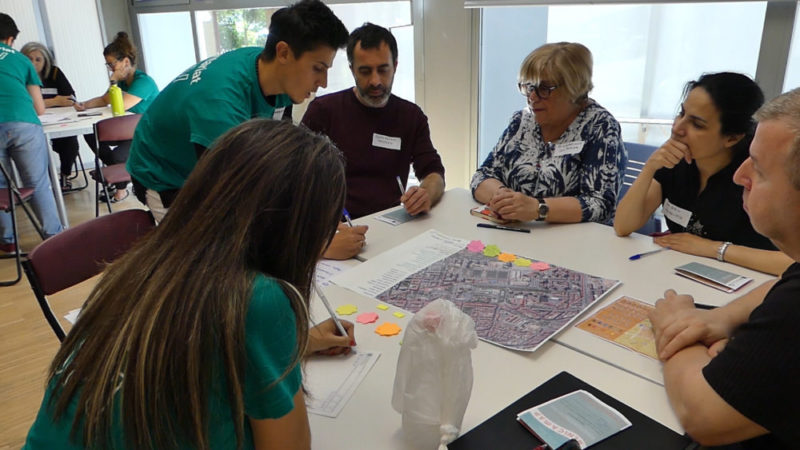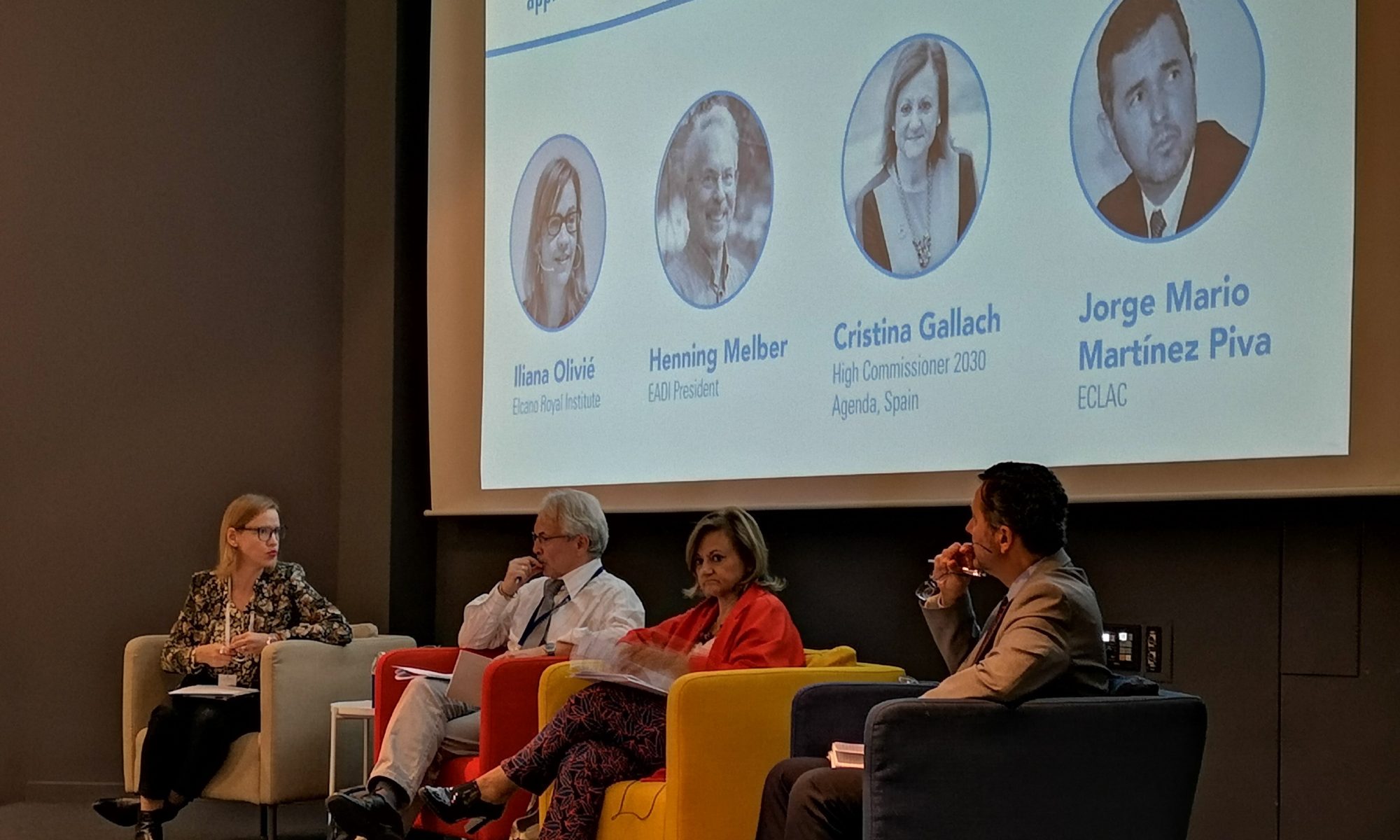Impressions from the Third Bridge 47 Iberian Knowledge Exchange Partnership Meeting
By Talia Vela-Eiden
“…
y en la calle codo a codo
somos mucho más que dos.”
(and in the street side by side
we are much more than two)
Te quiero, Mario Benedetti
It was not to be, meeting in Lisbon. However, coming together online to save the day, members of the Iberian Partnership in the Bridge 47 Project on Global Citizenship Education (GCE) sat down to learn about how to implement SDG4 in practice at the local level, drawing from the experience of the city of Valencia. Continue reading “Learning from the grassroots: “Together we are much more than two””





